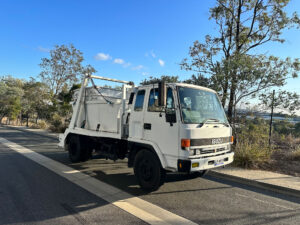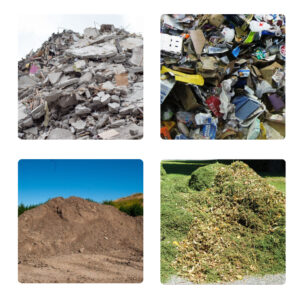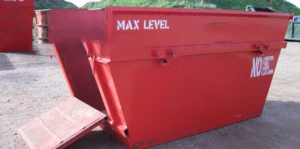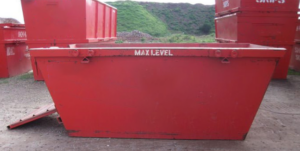
Getting The Best Deal : Skip Bin Hire Brisbane
When it comes to efficient waste management in Brisbane, nothing beats the convenience and versatility of skip bin hire. At Simple Skips, we understand that
Choosing the right skip bin size in Brisbane is indeed a critical aspect of waste management. Whether you’re cleaning your home, renovating a room, or managing construction debris, getting the correct skip bin size can not only save you money but also ensure efficient and safe waste disposal.
Assess Your Waste
The first step is to assess the type and volume of waste you’ll be producing. For general household cleanups, a small-sized bin would be suitable. If you’re dealing with garden waste like branches, grass cuttings, or soil, you might need a medium-sized bin. For larger projects that involve construction materials (bricks, concrete, etc.), a large skip bin would be ideal.
Estimate the Volume
Once you’ve identified the waste type, it’s crucial to estimate its volume. Skip bins are measured in cubic meters, so you should choose one that can accommodate your estimated waste volume. Small projects usually require 2-3 cubic meters bins, while medium-sized projects might need 4-6 cubic meters bins. Larger renovation or construction projects typically require 8-10 cubic meters bins or even larger.
Consider Accessibility
Think about where you’ll place the skip bin. If your property has limited space or access, you might need to opt for a smaller bin. Remember, larger skip bins require more space for delivery and placement.
Determine the Duration
How long will you need the skip bin? Some projects might take just a day, while others could last several weeks. Make sure to discuss your estimated rental period with your skip bin provider to avoid being left with a full bin for too long.
Consult with the Provider
Talk to your skip bin provider about your needs. They have the experience and knowledge to help you choose the right bin size for your specific project. They can also advise on any special requirements you might have.
Plan for Overfilling
While it’s important to get the right size, you should also plan for potential overfilling. Overfilled bins can be dangerous during transportation and might result in additional fees. If you think your project might generate more waste than expected, consider getting a slightly larger bin.
Know What’s Allowed
Finally, know what types of waste are allowed in the skip bin. Some materials, such as hazardous waste, chemicals, or asbestos, are not permitted. Always follow the guidelines set by your skip bin provider to avoid any issues7.
By following these steps, you can ensure efficient and safe waste management for your projects in Brisbane.

When it comes to efficient waste management in Brisbane, nothing beats the convenience and versatility of skip bin hire. At Simple Skips, we understand that

Choosing the right skip bin size in Brisbane is indeed a critical aspect of waste management. Whether you’re cleaning your home, renovating a room, or

One of the most significant developments in waste management over the past few decades has been the evolution of the skip bin hire industry. From

Do you ever find yourself amidst piles of waste material that you aren’t quite sure what to do with? Your weekly garbage collection may not